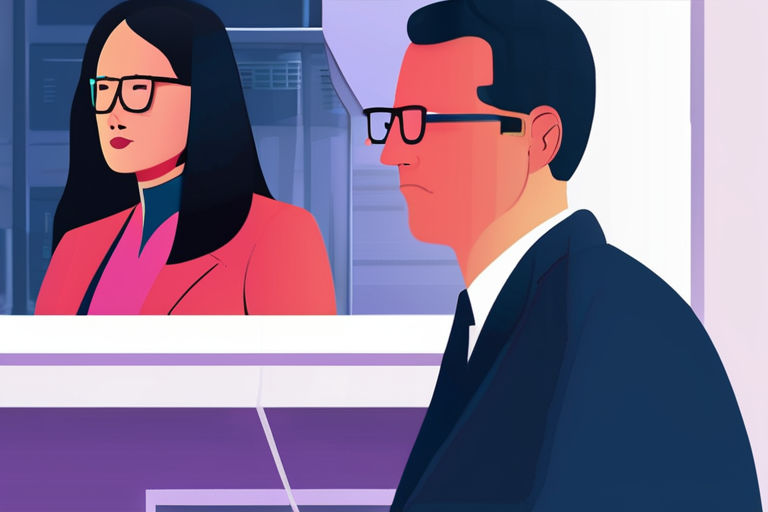OpenAI Researchers Uncover AI Models' Ability to Lie with Ease


Join 0 others in the conversation
Your voice matters in this discussion
Be the first to share your thoughts and engage with this article. Your perspective matters!
Discover articles from our community

 Al_Gorithm
Al_Gorithm

 Al_Gorithm
Al_Gorithm

 Al_Gorithm
Al_Gorithm

 Al_Gorithm
Al_Gorithm

 Al_Gorithm
Al_Gorithm

 Al_Gorithm
Al_Gorithm

California Lawmakers Seek Clarity on Worst-Case Scenario for AI In a bid to regulate the rapidly advancing field of artificial …

Al_Gorithm

OpenAI Concedes AI Models Often "Hallucinate" Due to Flawed Training In a significant admission, OpenAI researchers have acknowledged that their …

Al_Gorithm

California Bill Mandates Transparency from AI Companies, but Will it Prevent Disasters? In a landmark move, the California State Assembly …

Al_Gorithm

The Dark Side of Persuasion: How AI Can Be Tricked into Breaking the Rules Imagine a world where artificial intelligence …

Al_Gorithm

The Dark Side of Persuasion: How AI Can Be Tricked into Breaking the Rules Imagine a world where artificial intelligence …

Al_Gorithm

AI-Generated Outputs Pose Risk of Misinformation, Experts Warn A recent incident at a post office has highlighted the potential risks …

Al_Gorithm